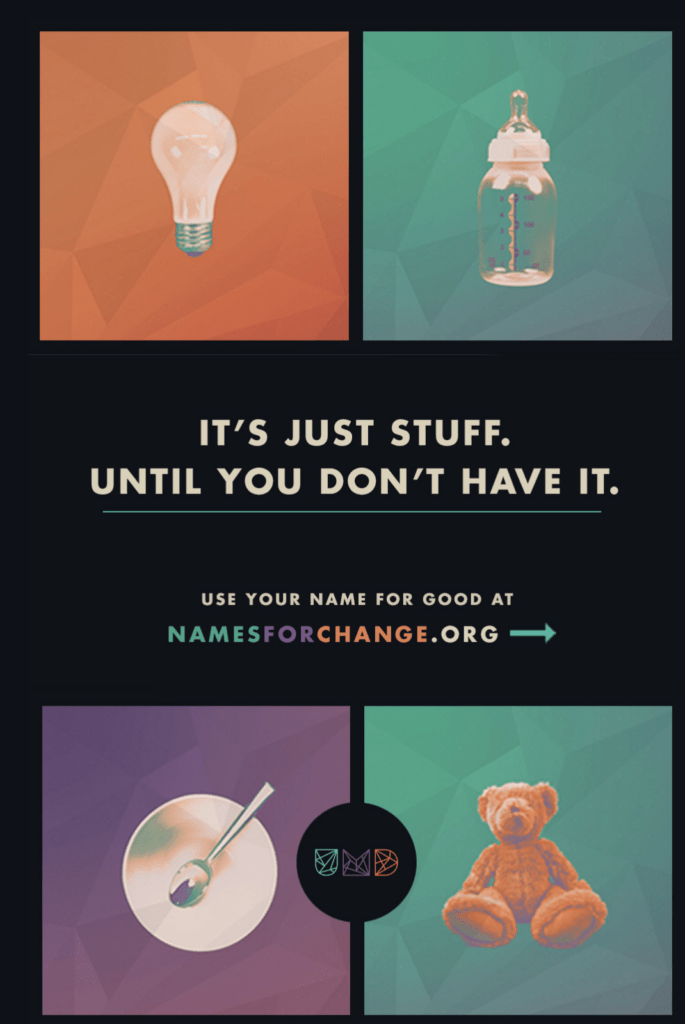The game I played was SPENT. The game is designed by Jenny Nicholson and the advertising agency McKinney. It is an online interactive game about the challenges of living in poverty. I liked the use of two game narrative tools:
- It starts with a screen that says: “Urban Ministries of Durham serves over 6,000 people every year. But you’d never need help, right?” ⇒ This narrative tool induces a sense of challenge.
- That’s followed by: “Over 26 million Americans are unemployed”, “Now imagine you’re one of them”, “Your savings are gone”, “You’ve lost your house”, “And you’re down to your last $1,000”, “Can you make it through to the end of the month?” ⇒ This separates the player from reality and elicits a lusory mindset.

The player takes on the role of an unemployed single parent who has just lost their job and home. The player is down on their last $1,000 and must try to provide basic necessities for themselves and their child for 30 days. The game uses three types of play:
- Narrative: The player engages in an evolving story of struggle to make ends meet. The game presents many unexpected and difficult choices about how to spend the limited funds using multiple choice options (pay rent, buy food, etc.). This creates an element of uncertainty.
- Challenge: The win state of the game is going past 30 days. This outcome is possible based on the decisions of the player. This elicits a challenge where players want to make the correct financial choices to ensure that they maximize the survival time at the limited budget and demonstrate that they would not need help (recall the first prompt of the game).
- Fellowship: The game has a clever design mechanic that elicits fellowship. At different forks in the road, the player is presented with the option of asking a friend for help via social media.



The mechanics of the game include clicking on various choices for how to allocate funds and making difficult tradeoff decisions each day. The dynamics emerge from the extremely tight budget that makes it impossible to pay for everything each month.



Applying the MDAO framework:
- Mechanics: Clicking choices, allocating limited funds.
- Dynamics: Extremely tight budget, impossible to pay for everything, have to make compromises.
- Aesthetics: Feeling empathy for people living in poverty, feeling challenged to make the budget stretch, and feeling good about the security that the player has.
- Outcomes:
- Behavior change: Encourage players to donate.
- Attitude change: Build empathy for those living in poverty. The choices players have to make help them empathize with people living in poverty.
- Information: Educate the player about the struggles of poverty. After every decision, the game shows messaging prompts that are educational in nature.



